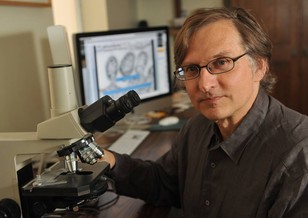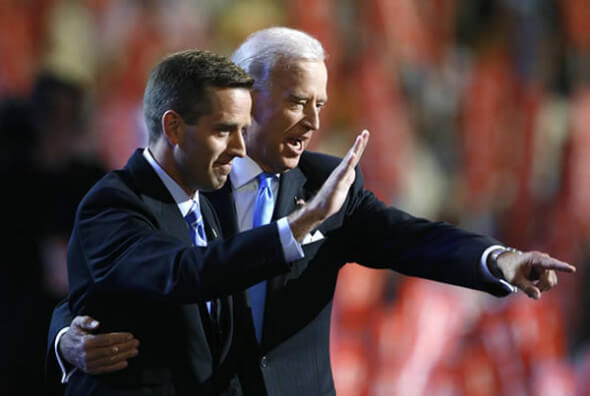By Llewellyn King
Whenever the government wants to be seen to be doing something huge, it invokes the Manhattan Project or the moon landing. So the new cancer initiative of the Obama administration is called the “moonshot.”
But it’s neither the equivalent of the Manhattan Project, which developed the atomic bomb during World War II, nor President Kennedy’s ambitious program to land a man on the moon, after the Russians appeared to have stolen a march with the launch of Sputnik, the first satellite in space.
Those programs succeeded because they were tremendous national commitments without regard to funding. The $1 billion in proposed funding for the “moonshot” cancer initiative is somewhere between modest and paltry. In the world of biomedical research, $1 billion simply doesn’t buy much.
The pharmaceutical industry estimates that it costs well over $1 billion to bring just one new drug to market. Cancer needs many drugs.
The lead agency in this new iteration of the war on cancer, declared in 1971, is the National Institutes of Health. It has an annual budget of $32 billion on which there are demands from many deserving fields of biomedical research besides cancer.
President Obama has asked Vice President Biden to lead the cancer moonshot effort. I’ve been with the vice president when he has talked about his commitment to the cause of cancer research and the death of his son, Beau, from brain cancer. His sincerity and his commitment to cancer research is palpable, but he won’t have the dollars to get the job done.
The biggest contribution to the research for a cancer cure may be the stimulation the moonshot will give to extant cancer efforts, but it’s not without a downside.
Many other diseases fear they may be undercut by the cancer initiative. In the world of biomedical research, there is finite funding and talent — and a new initiative tends to draw the best research minds. The top magnets for good biomedical researchers these days are cancer and AIDS, and many other deserving diseases lose out. Biomedical research requires stability, so that decades of a scientist’s life can be devoted to a single line of endeavor.
I follow one of the more obscure diseases, one that that has been pitiably starved of public and private funds: Myalgic Encephalomyelitis, also known as Chronic Fatigue Syndrome. Compared to any other disease affecting a large number of people (1 million victims of ME/CFS in the United States, according to the Centers For Disease Control), it has been funded so little by the government as to amount willful neglect. It receives a miniscule $5 million a year in funding.
Last year, after public and media pressure that has been applied for years, NIH Director Francis Collins announced that things would be rectified. But he didn’t mention a dollar figure; not when he made the announcement in October and not to date. No moonshot here, not even a Fourth of July firework.
Yet the suffering of those with ME/CFS is truly awful. I’ve been in the sick rooms and interviewed the few doctors who specialize in the disease, and the situation is one of unabated misery. Those who are the most affected can’t tolerate light or sound, and must pass their days in the silent dark. For years, one poor young man has had to take refuge from the disease in a modified closet. Others suffer from a world in which they’re punished for doing everyday things: A dinner with friends can mean days in bed for recovery.
There seems to be no light at the end of the victim’s physical pain and mental fog, despite decades of pleading from advocates and caregivers that some serious research be funded by NIH.
While we’ve been the world’s powerhouse in research in all sciences, biomedical is now being starved of research dollars. Recently America’s most revered virus hunter, Dr. Ian Lipkin, director of the Center for Infection and Immunity at Columbia University’s Mailman School of Public Health, has had to resort to crowdfunding. He and his deputy, Dr. Mady Hornig, can be found on YouTube eating red-hot chili peppers in an attempt to raise money for their ME/CFS research.
Dollars in across-the-board biomedical research are falling when they should be rising. Recently, NIH’s budgets have been 25 percent smaller in constant dollars than they were in 2003.
Research pays. Most of it doesn’t yield dramatic stuff, like a moonshot, but rather solid, incremental gain. In science, incremental gain is the equivalent of compound interest. But it needs sustained funding. Not rhetoric. — For InsideSources

